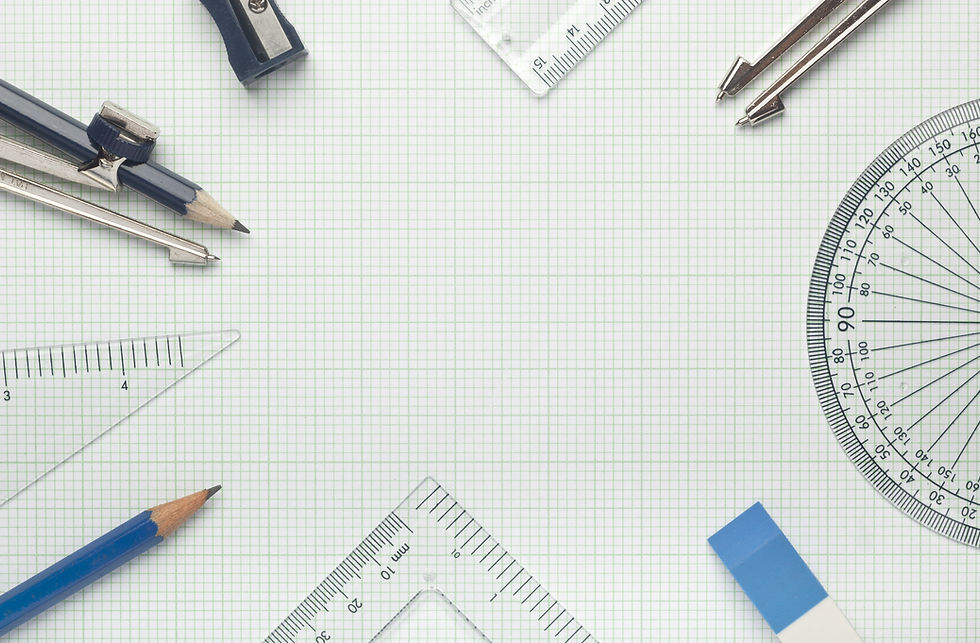

I/O PSYCHOLOGY PRACTIONER

Scale Development for Adaptability at Work
The development of the "Adaptability at Work Scale" was a focal project in my Test Construction course. Alongside a team of fellow I/O Psychology graduate students, we identified the need for a scale measuring workplace adaptability in the rapidly changing professional landscape post-COVID-19. This process involved extensive research, item writing, and rigorous testing to create a reliable and valid measure that evaluates adaptability along two dimensions (situational and interpersonal) among employees.
Project was completed in collaboration with Kristi Saylor, Grace Weatrowski, and Lambert Li, Lauren Danker, and Sydney Roberts


I. Construct Identification
The initiative began with the definition of 'Adaptability at Work,' derived from contemporary literature on adaptive work behaviors.
II. Test Development and Item Writing
Items were meticulously crafted for the scale, ensuring they adhered to our rigorous standards for clarity and relevance to the construct.
III. Pilot Study and SME Administration
The pilot study provided initial validation of the scale, while Subject Matter Experts (SMEs) contributed further refinement through their specialized feedback.
IV. Data Analysis and Scale Refinement
Through exploratory factor analysis and reliability tests, the scale was refined to ensure it met the high standards of psychometric soundness.
Process Breakdown
V. Final Recommendations
The initiative concluded with a set of recommendations for scale application, emphasizing its value as a supplementary tool for evaluating employee adaptability.

Reflection
This project emerged during a pivotal time in modern work history, coinciding with significant global changes due to the COVID-19 pandemic, which underscored the critical importance of adaptability in the workplace. Our group, comprised of six I-O Psychology graduate students, undertook the task of developing a scale to measure 'Adaptability at Work' during the Spring 2023 semester as part of our Test Construction course.
Defining the Construct
Our approach began with the crucial step of defining the psychological construct. Inspired by the existing literature, particularly by Pulakos et al. (2000), we initially identified four dimensions of adaptability: Situational, Interpersonal, Physical, and Cultural. However, through our development process, we refined this to focus on two main dimensions: Interpersonal and Situational Adaptability, reflecting the most critical aspects needed in the workplace.
Test Development and Pilot Study
We designed the test to include a 5-point Likert-type scale with 36 initial items. The pilot study involved administering this scale to a diverse sample of 192 participants, which allowed us to gather essential data on the reliability and validity of our items. Data from the pilot was subjected to rigorous analysis, including Exploratory Factor Analysis (EFA) and reliability testing, which led to a refined scale of 26 items.
Results and Future Considerations
The adaptability scale exhibited good internal consistency, with a Cronbach’s alpha of .873 for the overall scale. EFA results supported a two-factor structure, aligning with our refined construct dimensions. Our future considerations involve expanding the respondent base to enhance the diversity and comprehensiveness of our insights. This step is critical as we aim to ensure that the scale remains adaptable and relevant to varying workplace dynamics.
Personal Impact and Skill Enhancement
Throughout this project, I gained invaluable skills in psychometric testing, including item writing, data analysis, and understanding scale reliability and validity. These skills are directly applicable to my future career in I/O Psychology, where I aim to develop practical, evidence-based tools that address the needs of modern workplaces.
This experience has not only solidified my competence in creating robust psychological tools but also highlighted the importance of adaptability as a vital workplace competency. The scale we developed is now ready to be utilized in real-world settings, contributing to the broader field of human resource practices and enhancing organizational effectiveness through better adaptability assessment.
Skills Acquired
Advanced Research
I cultivated a deeper understanding of the empirical research process, particularly within the realm of psychometrics and scale development.
Statistical
Analysis
The project refined my ability to conduct exploratory factor analyses and reliability testing, integral skills for any I/O psychologist.
Technical Writing and Communication
Writing the test manual honed my ability to communicate complex concepts clearly and concisely, a skill vital for professional reporting and documentation.
Collaborative Teamwork
I learned to synergize with a team of graduate students, balancing diverse viewpoints and working styles to achieve a common goal.
Adaptive Problem-Solving
Developing a new scale required me to navigate unforeseen challenges and adapt my approach accordingly, enhancing my problem-solving acumen.